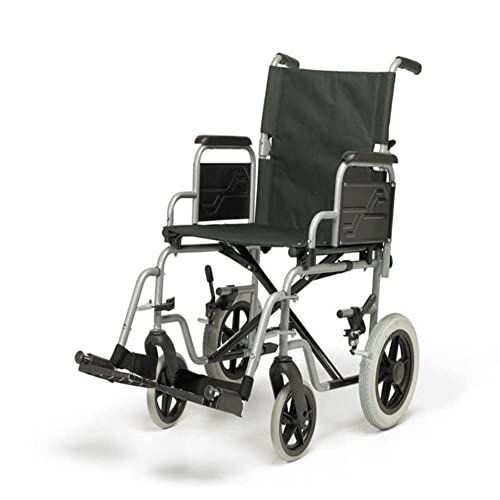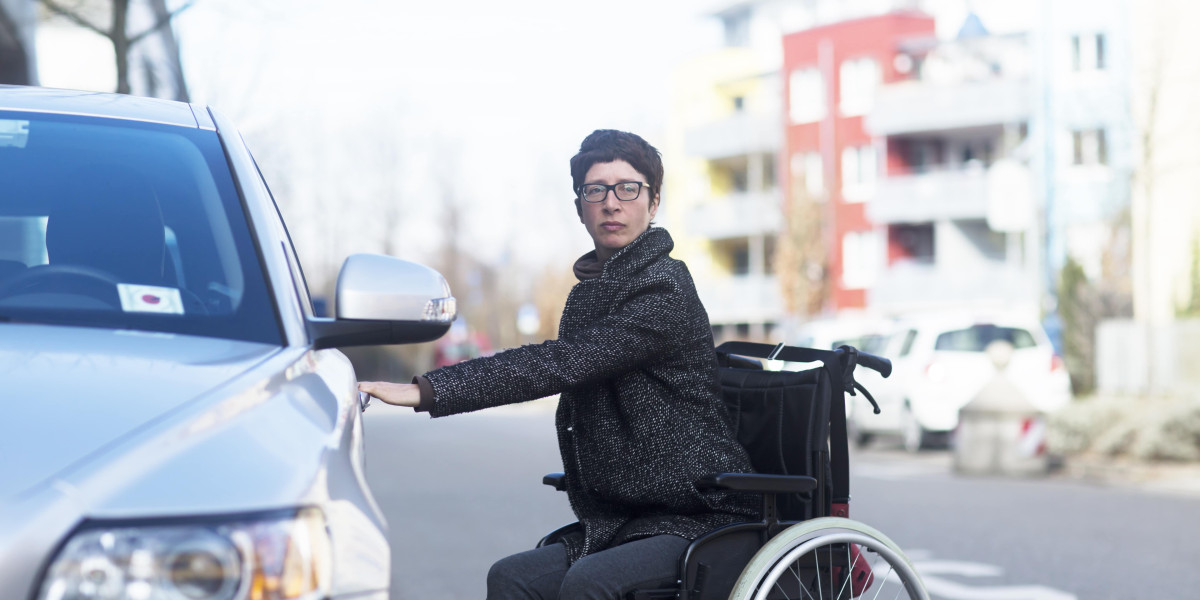Mobility Scooters in the UK: A Comprehensive Guide
In the United Kingdom, mobility scooters are ending up being a significantly popular means of transportation for individuals with mobility problems, offering them with the freedom to navigate their neighborhoods independently. These motorized automobiles are created to help those who have difficulty strolling or using a manual wheelchair, using a useful and comfortable solution for day-to-day travel. This post looks into the world of mobility scooters in the UK, exploring their benefits, legal requirements, and how to choose the best one.

Intro to Mobility Scooters
A mobility scooter is a battery-powered automobile that typically has three or four wheels, a seat for the motorist, and handlebars for steering. They are developed to be easy to use and maintain, making them perfect for older grownups and people with disabilities who wish to keep their independence. Mobility scooters been available in numerous sizes and designs, each accommodating various requirements and choices.

Benefits of Mobility Scooters
- Increased Independence: Mobility scooters permit users to take a trip longer ranges without the physical pressure connected with strolling or utilizing a manual wheelchair. This independence can considerably boost their quality of life.
- Cost-efficient: Compared to other motorized lorries, mobility scooters are reasonably affordable. They also need very little maintenance, which can save users a great deal of money in the long run.
- Relieve of Use: Most mobility scooters are developed to be user-friendly, with intuitive controls and comfortable seating. They are frequently light-weight and can be easily disassembled for transport.
- Improved Social Interaction: By making it possible for users to venture out more often, mobility scooters can help in reducing feelings of isolation and isolation, cultivating social connections and community involvement.
- Improved Safety: Mobility scooters are equipped with functions such as headlights, brake lights, and horns, making them more secure for use on roads and in public spaces.
Types of Mobility Scooters
When picking a mobility scooter, it's crucial to think about the type that best fits your needs. Here are the main types offered in the UK:
Class 2 Mobility Scooters:
- Speed: Limited to 4 miles per hour (6.4 km/h)
- Usage: Suitable for pavements and pedestrian locations
- Functions: Compact and light-weight, collapsible for simple transport
Class 3 Mobility Scooters:
- Speed: Can reach up to 8 mph (12.9 km/h)
- Usage: Suitable for both pavements and roads, supplied they are signed up and insured
- Functions: Sturdier develop, typically with more sophisticated functions like suspension and bigger batteries
Heavy Duty Mobility Scooters:
- Capacity: Designed to support users weighing up to 400 pounds (181 kg)
- Usage: Ideal for those who require a robust and durable scooter
- Features: Reinforced frame, larger seat, and boosted stability
Off-Road Mobility Scooters:
- Terrain: Built to handle rough and irregular surface areas
- Use: Suitable for users who delight in outdoor activities like hiking or fishing
- Features: All-terrain tires, high ground clearance, and effective motors
Legal Requirements for Mobility Scooters in the UK
Utilizing a mobility scooter in the UK features certain legal obligations. Here are the bottom lines to consider:
- Registration and Insurance:
- Class 2 Scooters: No registration or insurance needed
- Class 3 Scooters: Must be signed up with the DVLA, guaranteed, and show a valid MOT certificate if utilized on roads
- Motorist Requirements:
- Age: Users must be at least 14 years of ages
- Health: No specific health conditions are needed, but users must be able to manage the scooter safely
- Speed Limits:
- Class 2 Scooters: 4 miles per hour (6.4 km/h) on pavements
- Class 3 Scooters: 8 miles per hour (12.9 km/h) on roads, 4 miles per hour on pavements
- Security Equipment:
- Lights: All scooters used on roads need to have front and rear lights, signs, and a horn
- Reflectors: Required for use on roads, specifically during low presence conditions
- Tax and Parking:
- Tax: Class 3 scooters are exempt from lorry tax
- Parking: Users can park in designated disabled parking areas with a legitimate Blue Badge
How to Choose the Right Mobility Scooter
Choosing the best mobility scooter involves thinking about numerous factors:
Mobility Needs:
- Range: How far do you need to take a trip?
- Terrain: Will you be using the scooter on pavements, roadways, or off-road?
- Weight Capacity: What is the maximum weight the scooter needs to support?
Budget:
- Initial Cost: Mobility scooters can vary from a few hundred to numerous thousand pounds
- Continuous Costs: Consider the expense of batteries, maintenance, and insurance coverage
Features:
- Comfort: Look for a scooter with a comfy seat and adjustable controls
- Storage: Some scooters use additional storage for shopping bags or individual items
- Portability: If you require to transfer the scooter, choose a model that is light-weight and foldable
Reputation and Support:
- Brand: Research reputable brands known for their quality and dependability
- Service warranty: Check the guarantee duration and what it covers
- Consumer Support: Ensure the maker or merchant offers excellent consumer support and service
Frequently Asked Questions About Mobility Scooters in the UK
Do I require a license to drive a Mobility Scooter Batteries scooter?
- No, you do not require a driving license to run a mobility scooter in the UK. However, Class 3 scooters must be registered with the DVLA and insured if utilized on roads.
Can I utilize a mobility scooter on the pavement?
- Yes, both Class 2 and Class 3 scooters are enabled on pavements, however Class 3 scooters are limited to 4 mph.
Exist any constraints on where I can utilize a mobility scooter?
- Class 2 scooters are restricted to pavements and pedestrian locations. Class 3 scooters can be used on roadways, however they should satisfy particular legal requirements.
How do I maintain my mobility scooter?
- Routine maintenance consists of examining battery levels, tire pressure, and brake functionality. It's likewise essential to clean up the scooter frequently and save it in a dry place.
Can I get a mobility scooter through the NHS?
- The NHS provides mobility scooters through the Disabled Living Allowance (DLA) or Personal Independence Payment (PIP). You can likewise buy or rent a scooter from a personal seller.
Is a mobility scooter tax-deductible?
- In many cases, the expense of a mobility scooter can be declared as a medical expense. Speak with a monetary consultant for specific assistance.
Tips for Using a Mobility Scooter Safely
- Wear Appropriate Clothing:
- Wear comfortable and weather-appropriate clothes. Consider using a high-visibility coat when utilizing the scooter on roads.
- Preserve the Scooter:
- Regularly inspect the battery, tires, and brakes to make sure the scooter remains in excellent working condition.
- Follow Traffic Rules:
- Obey traffic indications and signals, and use designated pedestrian and cycle courses when possible.
- Usage Safety Equipment:
- Always use the headlights, brake lights, and horn, especially during low presence conditions.
- Be Mindful of Others:
- Be courteous to pedestrians and other road users. Decrease when approaching crowded areas.
Mobility scooters are an important tool for individuals in the UK who deal with mobility obstacles. They offer a series of advantages, from increased independence to boosted security, making them a popular option for older adults and individuals with impairments. By comprehending the various types of scooters, legal requirements, and how to select the right one, users can enjoy the liberty and convenience these lorries offer. Whether for daily errands or recreation, a mobility scooter can substantially enhance the lifestyle for numerous individuals.
Extra Resources
- DVLA Website: For details on signing up and insuring a Class 3 mobility scooter
- Age UK: Offers guidance and support for older adults thinking about a mobility scooter
- Disability Rights UK: Provides assistance on accessing mobility scooters through monetary help programs
By making the effort to research study and pick the right mobility scooter, users can delight in higher independence and a more active lifestyle.








